
An espresso cup sits atop a magazine on a table, seen from above. Via PxHere
So 2021 has been a hell of a week.
With everything that happened over the past few days, maybe it’s good to take a couple of minutes to sit and read about how espresso can stop you from dying (not really, but sort of).
Italian Study Suggests Espresso Can Help Fend Off Death - via Daily Coffee News
Big news in the “is coffee good for you or not” debate—Italian researchers think it is! Especially if you drink espresso, because obviously.
And not only is it good for you, it can actually keep the grim reaper at bay. Good work, espresso.
The study, published in the Journal of Nutrition, analyzed data from over 20,000 participants and tracked their espresso intake (as well as other dietary information, but mostly the coffee) for eight years. Participants were a mix of ages and genders, and all were free from cardiovascular disease and cancer at the outset.
The outcome was that those who drank espresso on a daily basis had a reduction in all-cause mortality of between 15% and 28%, depending on the amount of coffee consumed (4+ espressos on the low end and 3-4 shots on the high).
Researchers aren’t exactly sure why, but they do point towards a hormone produced by the heart, the N-terminal pro B–type natriuretic peptide (NTproBNP), as a likely “mediator” of the “relationship between coffee intake and all-cause mortality.”
So there you have it: 3-4 espressos a day keeps the forbidding and inexorable specter of death at bay. Not quite as catchy as the one about apples and doctors, but more delicious.
More Headlines
Scientists And Industry Convene For A Remarkable Tasting Of Three Wild Coffee Species
Coffee Prices Rise In December
The Week In Corporate Coffeewashing
Several green business websites are giddy over that story from a few weeks ago about Starbucks, McDonald’s, and Nespresso pledging to cut 1.5 gigatons of CO2 emissions from their supply chains by 2050. Because of course they are.
But also, there was this article in The Conversation about a life-cycle assessment of coffee producing that also sparked a bunch of stories with headlines like “Your daily coffee has a big climate cost — here’s how to reduce it by 77%” and “The daily grind: How to cut carbon emissions from coffee by 77%”.
First off: remember life-cycle assessments? We discussed them back in November, and the takeaway was that they shouldn’t always be taken at face value, for reasons from methodological inconsistencies to outright corporate control.
The article itself, which looks at various methods of coffee production in Brazil and Vietnam—from conventional farming to more sustainable methods—and calculates the environmental cost, is interesting. For example: roasting coffee at origin cuts carbon emissions, because roasted coffee is lighter uses less energy to ship—this is cool!
It’s the “how to cut carbon emissions of your daily coffee by 77%” headlines that are more irritating. The solutions include things like “use cargo ships to transport coffee instead of airplanes” that are completely out of the consumer’s control. Or producer-focused steps like “use less fertilizer and manage water resources better” that, without incentives like higher prices, are just not realistic. Who pays for these improvements?
Obviously it’s a good idea for coffee growers to decarbonize and use more sustainable practices, but such is the level of control consuming countries and their giant corporations enjoy that it just doesn’t seem very plausible without more monetary support.
Is Coffee Good For You?
Yes! Remember earlier? The espresso?
What To Read
Innovations At Origin: The Young Coffee Entrepreneurs Of PROCAFE by Dan McQuillan
A Look Back At How 101 Coffee Shop Became Part Of Movie History by Jared Cowan
Haiti: A Story Of Revolution And Inspiration At Origin by David and Gaïna Dávila
Until next week, drink good coffee. Wear your mask. Tip your barista!
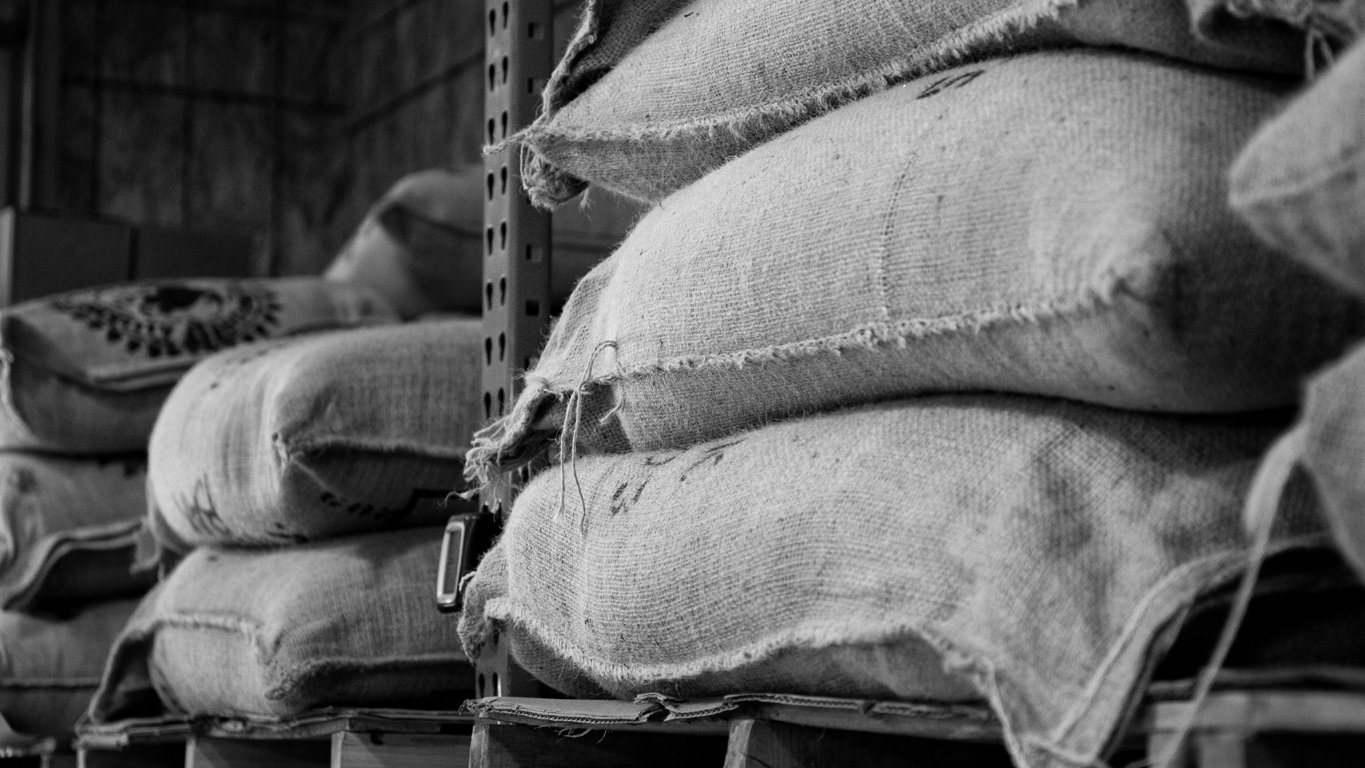
Nov 24, 2023 Connecting the Dots: Inside the 2023 Coffee Barometer Nov 24, 2023 Nov 24, 2023
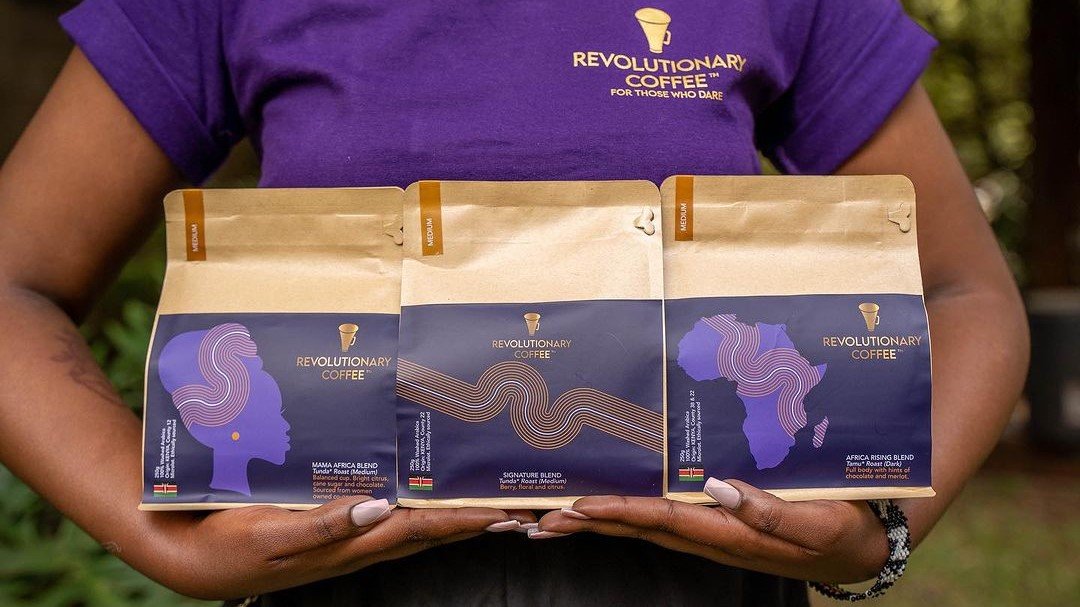
Oct 21, 2023 'Specialty Coffee Should be Enjoyed by Those Who Grow It': The Farmer's Daughter Joining Kenya's Coffee-drinking Revolution Oct 21, 2023 Oct 21, 2023
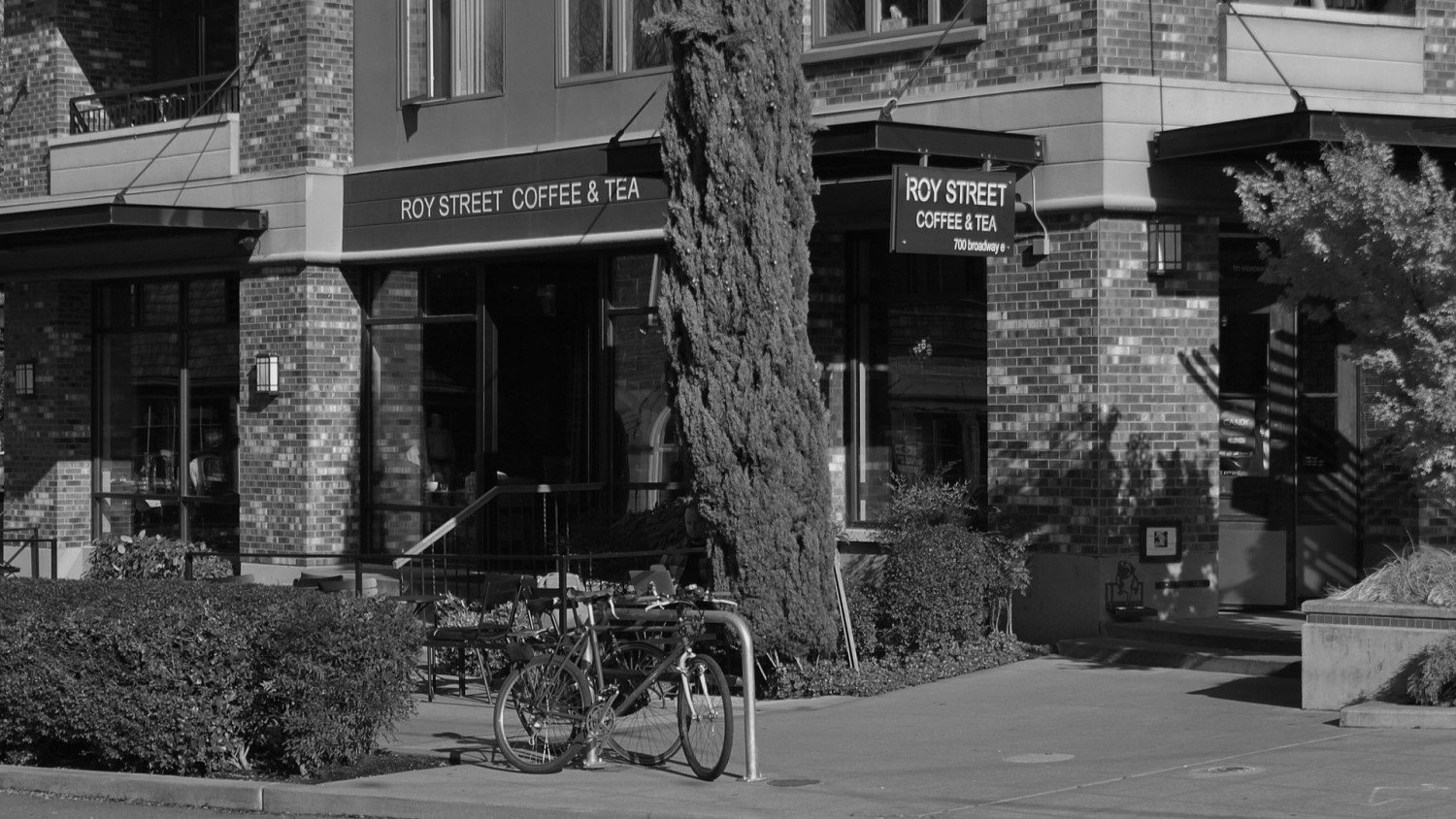
Oct 6, 2023 Stealth Starbucks: A Premonition of Modern Specialty Coffee Oct 6, 2023 Oct 6, 2023
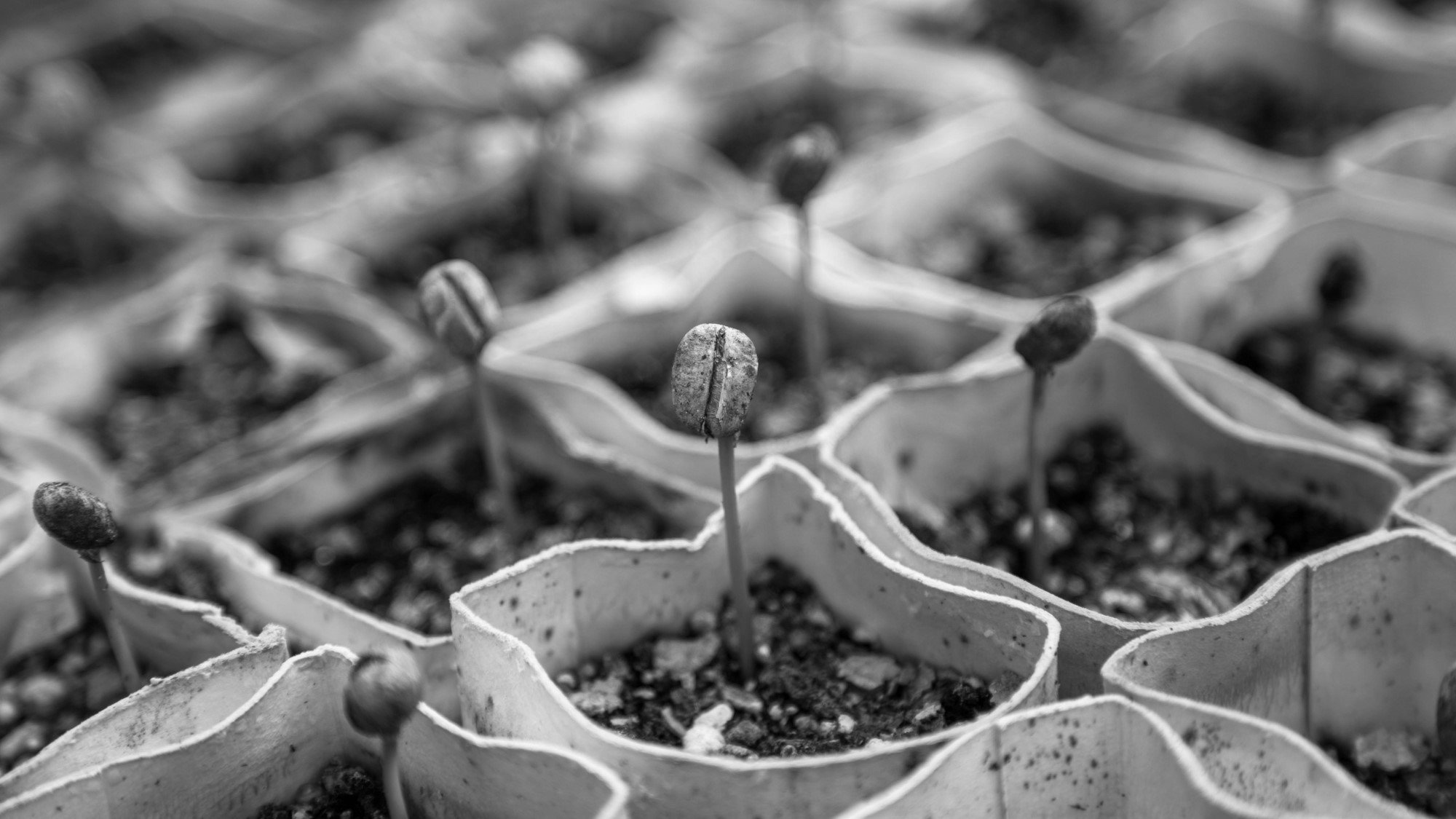
Sep 22, 2023 Can the Coffee Change Fund Save Coffee? Sep 22, 2023 Sep 22, 2023
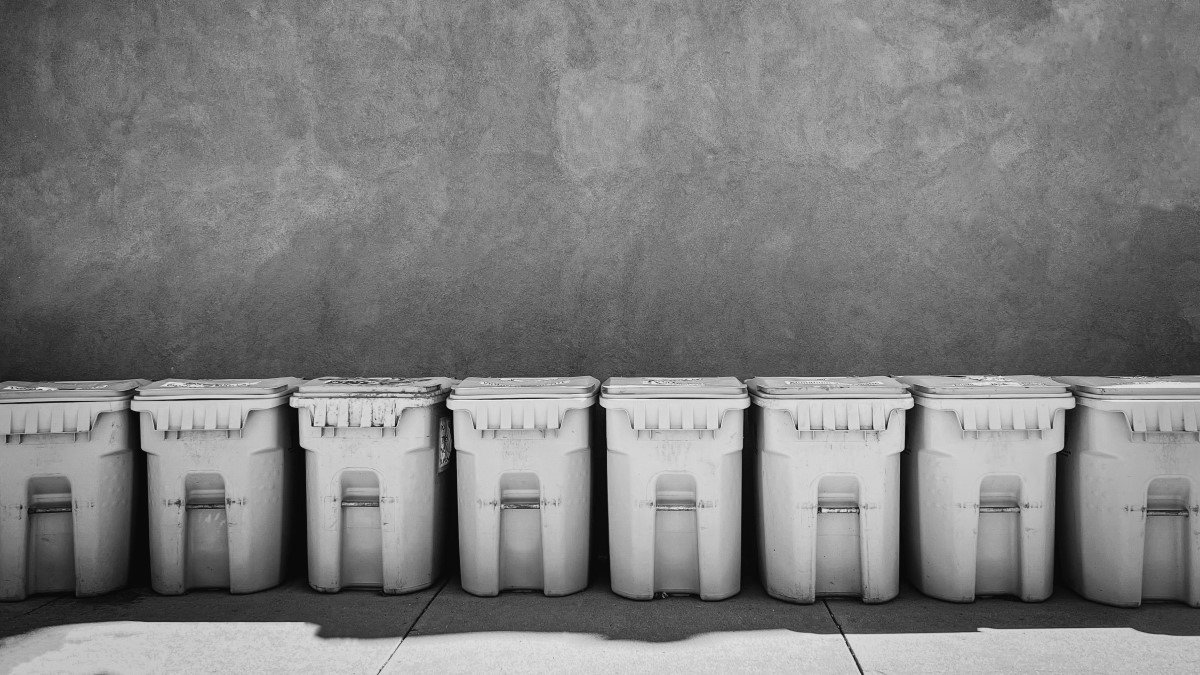
Sep 8, 2023 Upcycled Coffeewashing Sep 8, 2023 Sep 8, 2023
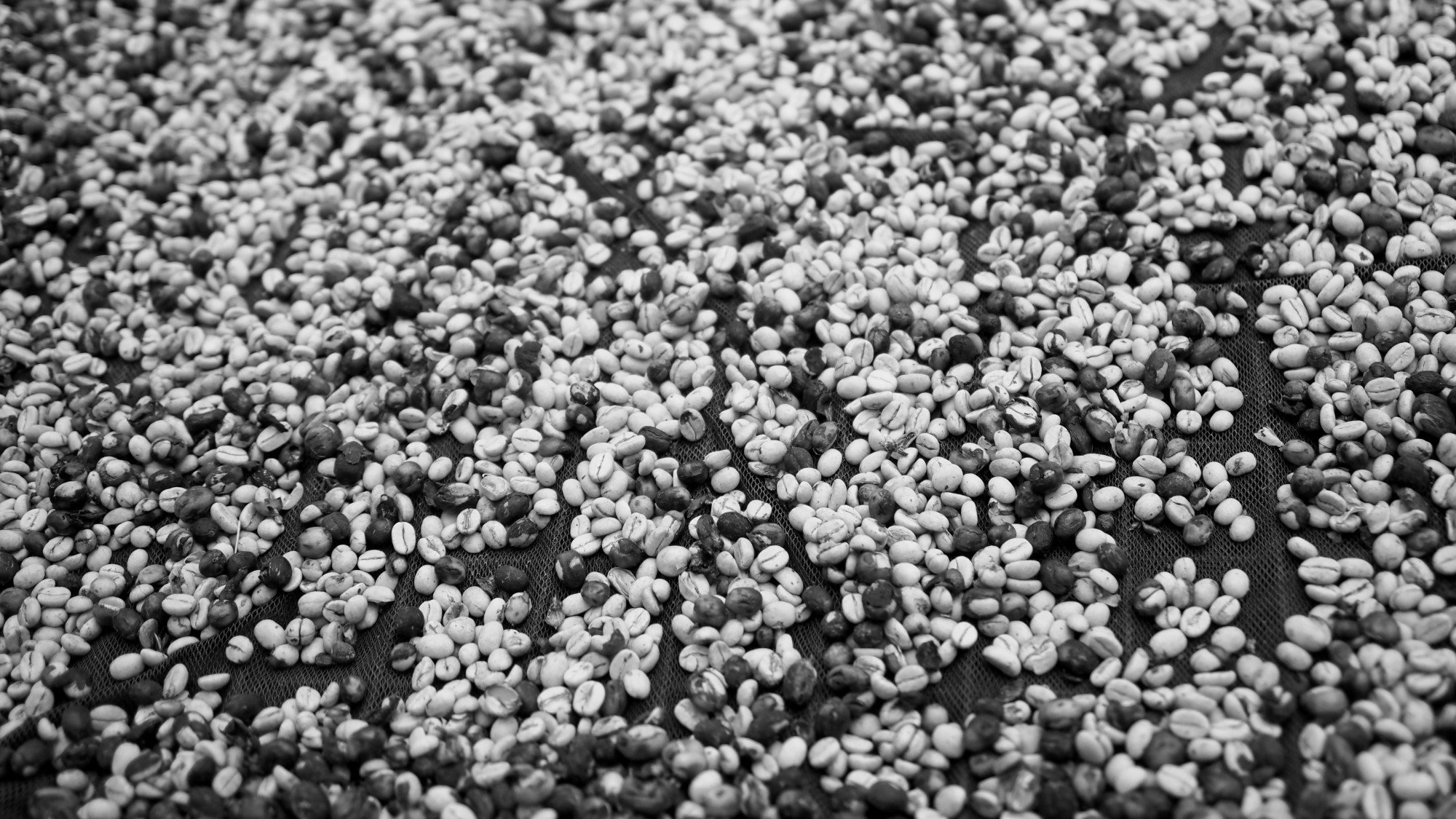
Aug 25, 2023 From A Concerned Farmer Aug 25, 2023 Aug 25, 2023

Aug 11, 2023 Philly is a (Coffee) Union Town Aug 11, 2023 Aug 11, 2023
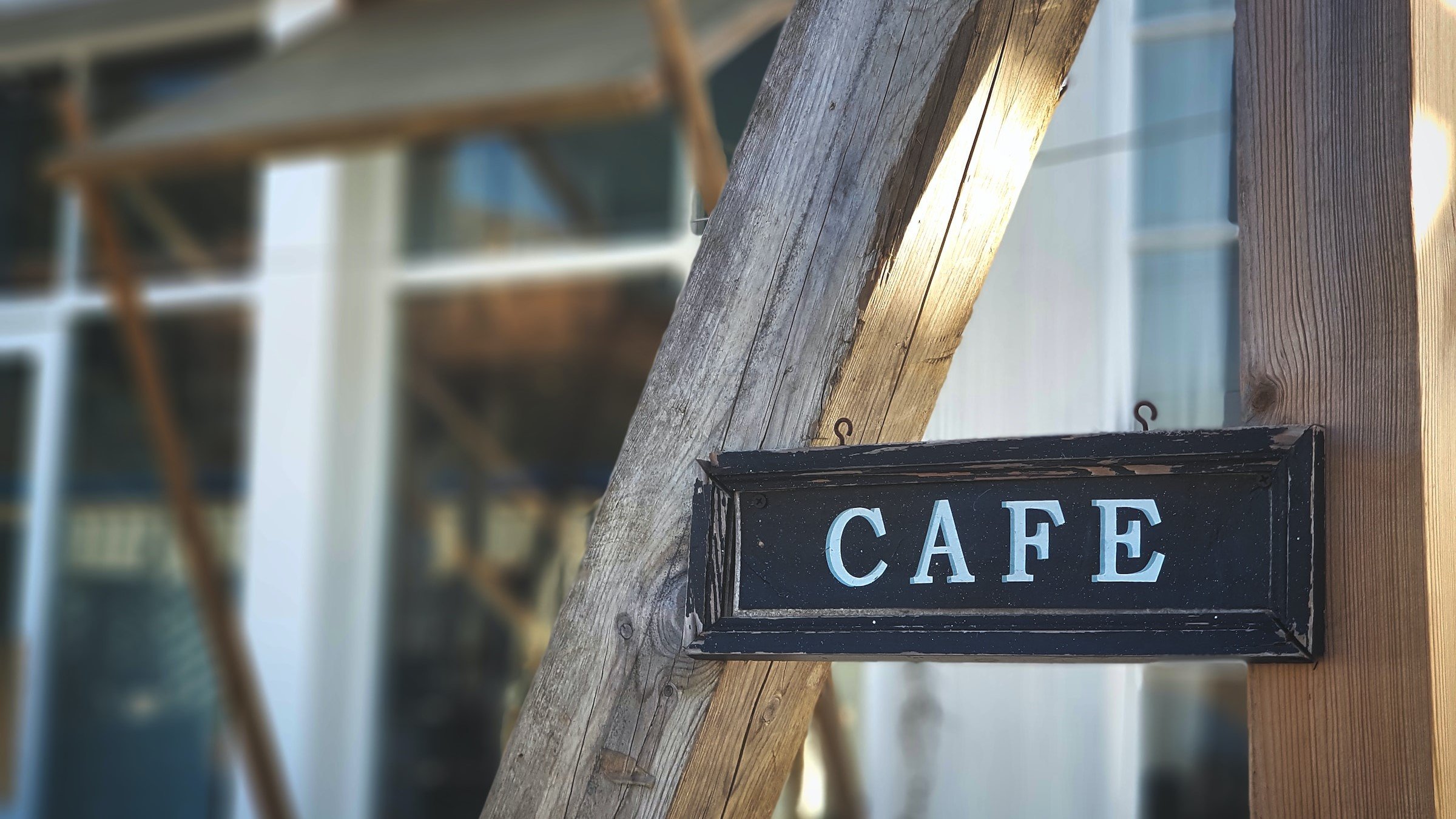
Jul 28, 2023 South Korea's Coffee Wars Jul 28, 2023 Jul 28, 2023

Jul 14, 2023 Camp Coffee, Colonialism, and the Evolution of a Brand Jul 14, 2023 Jul 14, 2023
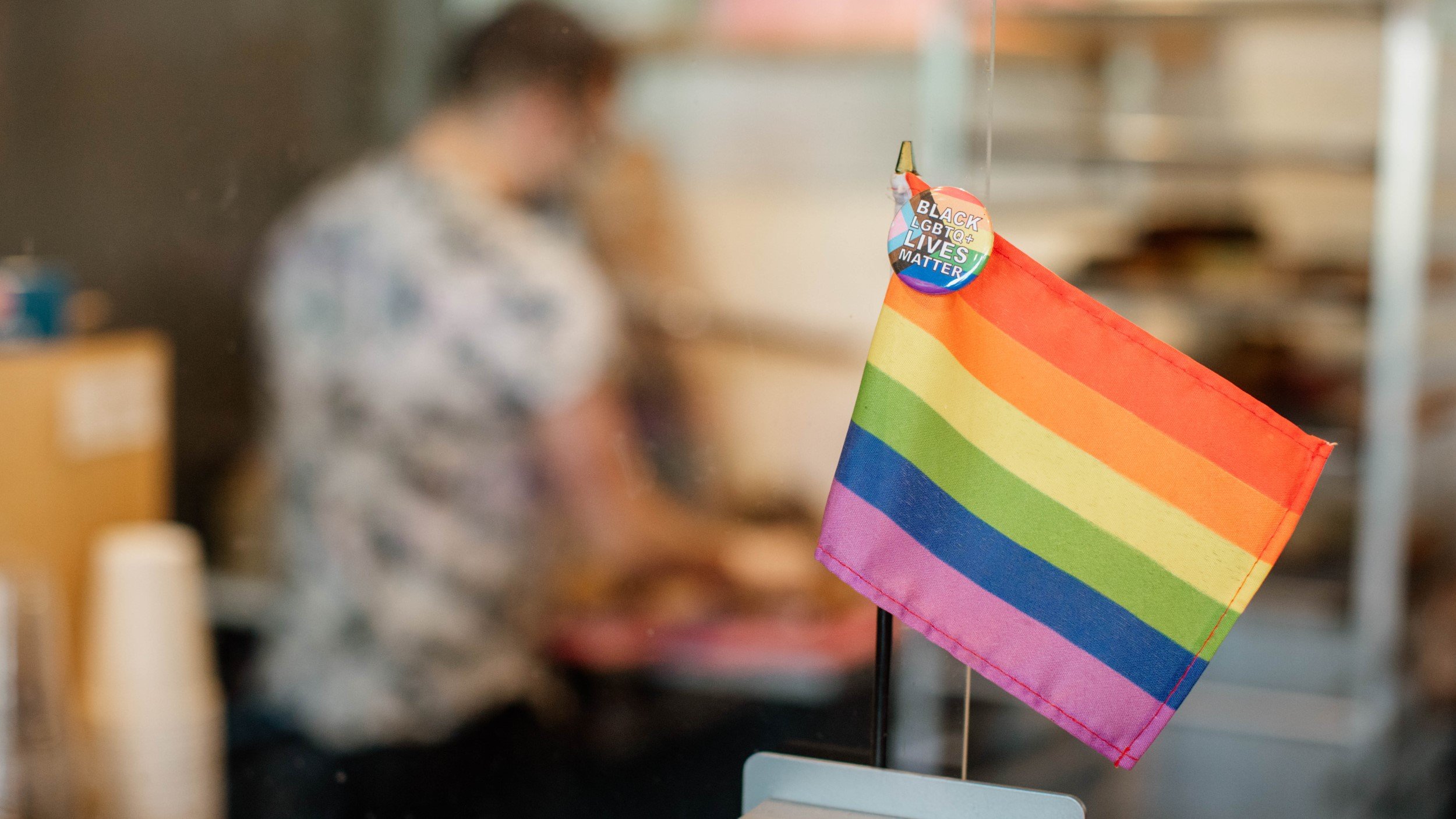
Jun 30, 2023 Defiance and Gay Frog Donuts: How Strange Matter Coffee is Navigating the Anti-LGBTQ+ Backlash Jun 30, 2023 Jun 30, 2023






